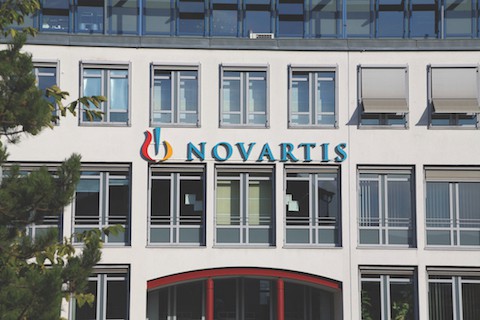
Novartis has signed a strategic collaboration with UK-based start-up Dunad Therapeutics to develop next-generation therapies harnessing the company’s protein degrader technology.
Protein degrader therapies use the body’s own ability to break down proteins to remove rogue molecules associated with disease from cells. The platform developed by Dunad is ‘tunable and highly selective’, using small molecules to ‘induce selective degradation’ of disease-causing and often undruggable proteins through direct modification of the target.
“To date, there has not been a broadly applicable, plug-and-play, monovalent approach to protein degradation, and we believe Dunad’s unique platform provides the potential to deliver next-generation degrader therapeutics with advantages over traditional drugs against a wide range of diseases,” said Dunad co-founder and chief scientific officer, Professor Patrick Gunning.
The deal – which gives Novartis exclusive option to license, develop and commercialise candidates for up to four targets – sees Dunad receive $24m in an upfront payment and equity investment as well as research funding. After that, it will receive up to $1.3bn in discovery, development, regulatory and sales-based milestones, as well as royalty payments.
Novartis will be responsible for future development, manufacturing and global commercialisation of the small molecule therapeutic products generated against the agreed targets.
Dunad, which was only founded last year, is backed by founding investor Epidarex Capital as well as BioGeneration Ventures.
The deal is not the first to focus on protein degradation technology; in fact, there have been two major deals in the past few months. In late summer, Eli Lilly signed a $1.6bn deal with Lycia Therapeutics for up to five drug targets using its lysosomal targeting chimera (LYTAC) protein degradation technology. Lycia’s tech was developed by co-founder Professor Carolyn Bertozzi from Stanford University and has an initial focus on projects in immunological disease and pain.
In July, Pfizer paid $1bn upfront to Arvinas (plus an additional $1.4bn in future milestone payments and a share of profits) for ARV-471, a breast cancer candidate currently in phase 2 trials but expected to enter phase 3 next year.




